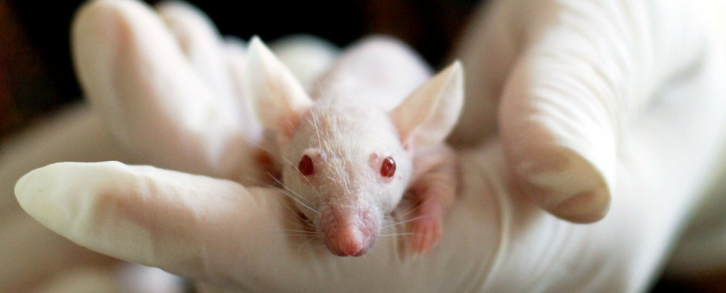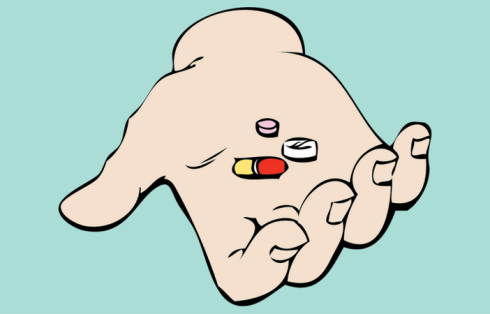New Studies Show Reversal of Alzheimer’s Disease
Of the many incurable diseases which plague humanity, none may experience so prevalent a rise in a few decades’ time as Alzheimer’s. As those of the “Baby Boomer” generation age, it is estimated that as many as 13 million Americans could develop the disease by 2050; the global escalation of Alzheimer’s and the absence of any concrete treatment is disheartening, to say the least.
But in the last few months Alzheimer’s research has yielded potential methods by which the disease may be reversed.
In June, the exciting findings from a study produced by the Buck Institute for Research on Aging and the UCLA Easton Laboratories for Neurodegenerative Disease Research were published, showing the first objective evidence that Alzheimer’s can be reversed. Ten participants, most in the early stages of the disease, followed a personalized program incorporating dietary changes, sleep improvement, supplement usage, and regular exercise, among other things.
The study was designed to test the hypothesis that Alzheimer’s, like cardiovascular disease and HIV, can benefit from a combination of therapies tailored to the patient and their specific needs. A drug may only treat one aspect of the disease, which would ultimately prove ineffective if, like some researchers believe, Alzheimer’s is the result of a series of molecular interactions and not simply a disease of “toxicity”. Dr. Dale Bredesen, a professor at the Buck Institute and UCLA Easton Laboratories, likens a brain affected by Alzheimer’s to a roof with 36 holes; while medication could patch up one hole, there are 35 other holes that require a combination of various treatments.
Following their personalized programs, nine of the ten participants saw significant improvement, and in some cases, they were able to retain the functions lost in their initial decline. Those who had been forced to quit their jobs because of memory impairment were able to return to work with improved performance.
Though the results of the study are very encouraging, they have not yet been replicated in a larger sample size. While nine out of ten improving is astounding, it is worth noting that the participant who did not improve was in the later stages of the disease. All other participants were either in the very early stages of Alzheimer’s, or in a pre-Alzheimer’s stage; these 36-point therapeutic programs may primarily benefit those who are diagnosed early. Most participants tested positive for the APOE4 allele, which put them at an increased risk of developing the disease; as the majority of Alzheimer’s cases in the United States are caused by APOE4, Dr. Bredesen encourages people to have this same test so that they can begin preventative measures as soon as possible.
And just last month, Tel Aviv University published the results of a study to observe the APOE gene’s role in Alzheimer’s disease. APOE moves lipids in and out of cells, but can appear in one of two forms: the effective APOE3 and the impaired APOE4. Researchers studied the APOE4 gene in mice, and found that its presence led to memory and learning difficulties, as well as damaged synapses in the brain. They then activated ABCA1, an enzyme that can help APOE4 with the transport of lipids through cells; this process reversed the impairment of APOE4 and, amazingly, seemed to reverse the impaired mental faculties of the mice.
While neither of these studies offers us an immediate solution to Alzheimer’s disease, the progress evident in their results are exciting and should give us hope for the future. It goes without saying that Alzheimer’s is extraordinarily complex, and the answer to the disease will be equally so. There is no such thing as an overnight cure, or a wonder drug. There are no foolproof diets or other health programs that can guarantee protection.
But a few decades ago researchers had no idea of the role APOE4 plays in the development of Alzheimer’s. There was no evidence that a multi-therapy approach to the disease could have any impact, let alone lead to a reversal of memory impairments. And these new developments in Alzheimer’s research have only occurred in the last few months; the prognosis of the disease can only improve over time, and by exploring multiple potential methods, the odds that a variety of treatments may be found increase.
In the meantime, all we can do is continue to take care of our bodies to the best of our ability, and ensure that our senior loved ones do the same. There is still so much we don’t understand about Alzheimer’s, and our efforts to eat healthily, keep our minds sharp and bodies fit, may not be enough to prevent development of the disease. But maintaining a healthy lifestyle, making sure we get enough sleep, exercising, and staying positive can only help us as we age.
Contributed by Meredith Kimple



